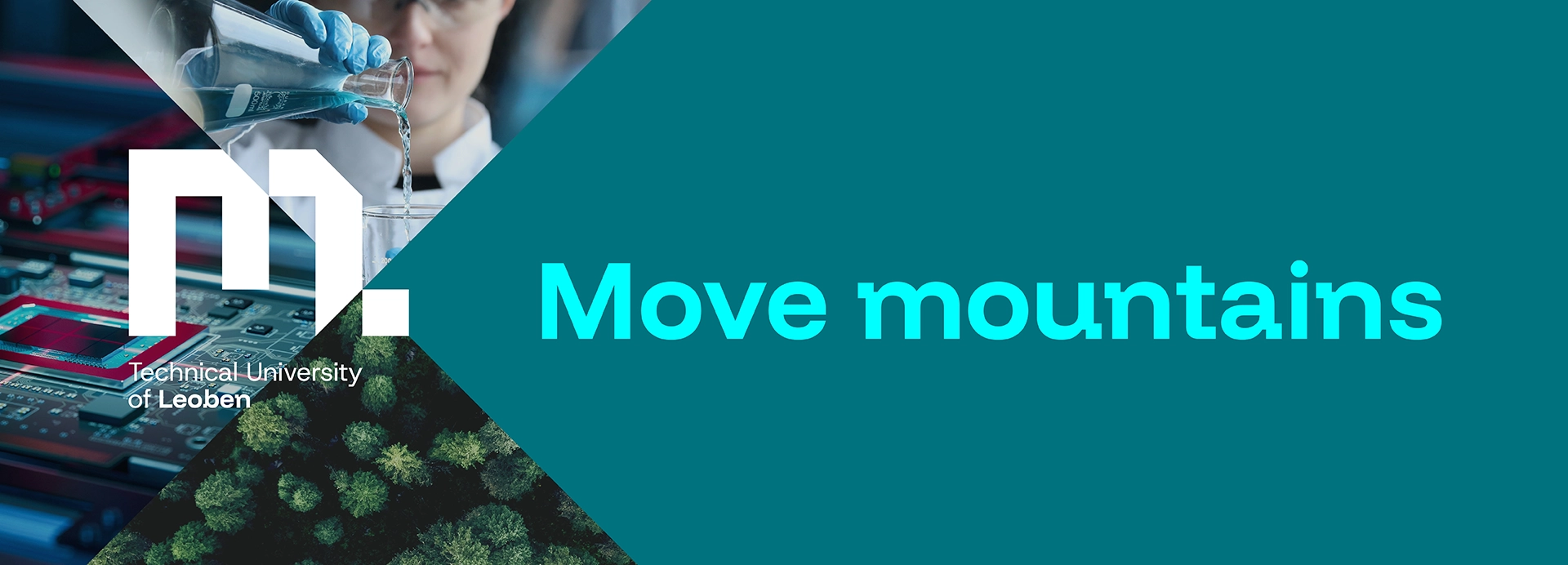Logistics with Vision
Logistics is the invisible backbone of everyday life. It underpins every order placed online, every stream of electricity and every smoothly running production process. When a laptop arrives on time or a pizza is delivered hot and fresh, it is not simply the result of a functioning system, it is the outcome of expertise, foresight and technological precision.
Industrial logistics plans and manages the flow of materials, energy and information along the entire value chain, guided by strategic thinking, systems understanding and advanced technical knowledge. The Master’s degree programme in Industrial Logistics at the Technical University of Leoben prepares you specifically for this vital role. You will actively contribute to shaping the future by designing efficient processes, developing sustainable solutions and applying cutting-edge technologies in a meaningful way.
What to expect from the study programme?
During the course of your studies, you will deepen your knowledge in engineering, business and digital technologies. A shared core curriculum provides a solid academic foundation, equipping you with the tools to analyse complex systems and optimise logistics processes with efficiency and clarity.
Following this foundation, you choose one of four specialisations, aligned with your interests and professional goals:
- Logistics Management
You manage networks, lead teams and bring structure to complex global supply chains.
- Computational Optimisation
You apply algorithms to improve processes and model the logistics systems of the future.
- Automation
You develop intelligent, efficient and autonomous systems for modern industrial environments.
- Logistics Systems Engineering
You design, simulate and refine complex logistics infrastructures with a strong understanding of technical interrelations.
International academic partnerships provide early exposure to global perspectives and open doors to international networks. At the Technical University of Leoben, you will benefit from close interaction with academic staff, state-of-the-art facilities and a dynamic campus environment that supports both your academic growth and personal development.
What are your career opportunities?
Upon completing the programme, you will be well positioned to take on demanding roles in a wide range of industries. As an expert in material flows, process optimisation and industrial logistics systems, your skills will be in high demand both nationally and internationally.
Whether you join a global industrial enterprise and contribute to supply chain design, develop smart automation solutions in a start-up, or engage in research to create sustainable logistics models, your knowledge will be at the forefront of innovation.
Typical areas of employment include:
- Materials management and strategic procurement
- Supply chain planning and coordination
- Process and project management
- Warehouse technology, transportation and distribution
- IT-supported logistics systems and data analysis
Take an active role in shaping the logistics of tomorrow. With this Master’s degree, you will gain a competitive edge and unlock strong opportunities for an international career with purpose.
